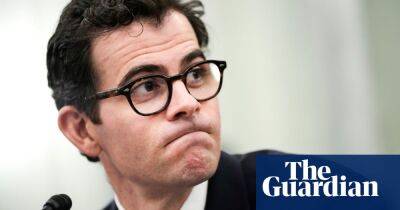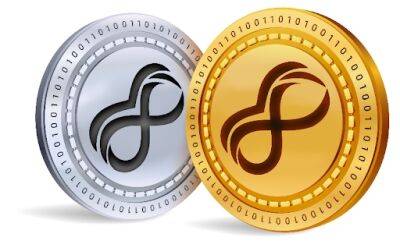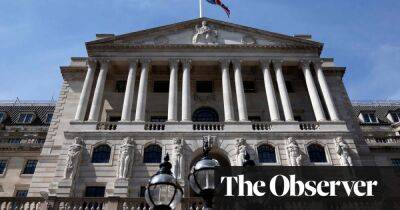Six charts that show how the UK economy is in crisis
Britain has emerged from the pandemic with most economic indicators flashing red. The prospects for the UK economy have weakened this year and next in response to the Russian invasion of Ukraine, a messy divorce process from the EU that remains unresolved and global supply chain blockages hitting many business sectors.
Following Boris Johnson’s departure, a new government will need to release itself from former chancellor Rishi Sunak’s spending constraints to ease the inflationary pressures on households while preventing a possible slide into recession with extra support for businesses.
Here are the main economic issues ministers will need to confront.
The consumer prices index has jumped from almost zero during the pandemic to 9.1% and is forecast to top 11% by October when rising energy prices push average combined gas and electricity bills above £2,800 a year.
Most economists believe the growth in prices will ease next year, but their forecasts depend on the war in Ukraine ending.
Brent crude almost doubled in price to $128 a barrel in the year before Russia’s invasion of Ukraine, before slipping back – it was $102.5 on Thursday.
Britain suffered the biggest fall in national income (GDP) since the early 18th century when the economy was mothballed in April 2020. It bounced back rapidly, but the recovery slowed this year as the global economy began to stutter.
The UK imports more than half its food and most of its energy, making it especially vulnerable to global shocks.
The next official figures for GDP, for May, are expected to show a third consecutive month of contraction. The UK economy is only 0.9% bigger than it was in November 2019.
Ministers face pressure from backbench Tory MPs to reverse the Johnson administration’s
Read more on theguardian.com






















